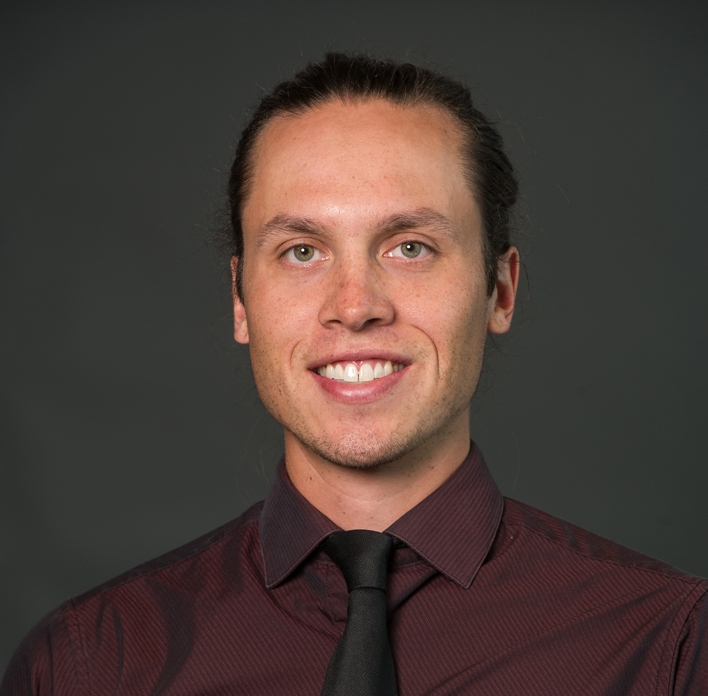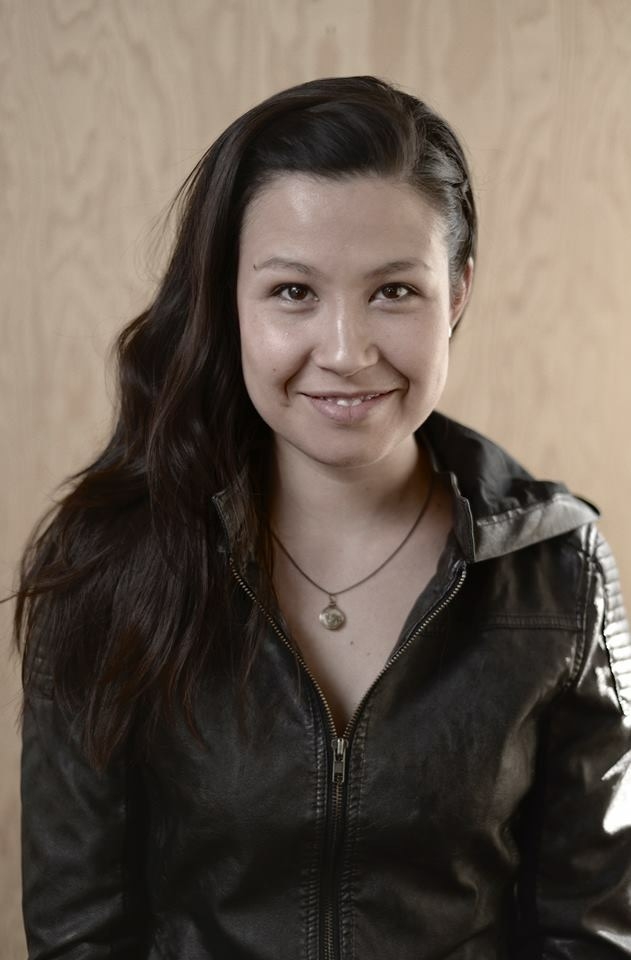
Meet Thomsen D’Hont
A Jane Glassco Northern Fellow Who is Helping to Build a Sustainable North
The Gordon Foundation is a not-for profit that has invested over $27 million over the last 50 years into northern community projects and freshwater initiatives. The Foundation aims to promote innovation in public policy for the North, and in fresh water management, while keeping in mind the environment and emphasizing full engagement of indigenous people in their projects.
The Gordon Foundation’s Northern Fellowship program is named after Jane Glassco, who passed away in 2010. Glassco was instrumental in turning the Foundation’s attention to the North, and was a respected Canadian journalist and a member of the Gordon family. She worked most of her life to bring the needs of Aboriginal groups and of the North to the attention of Canadians.
The Fellowship is a two-year program that encourages policy and leadership development in young northerners between 25-35. The program is both collaborative and self-directed at times; each Fellow has to participate in a group project and a research project of their own, which results in policy recommendations on their chosen topic. The curriculum is centered around two annual gatherings, each taking place in one of the capitals of the territories, and, one in Ottawa. The Fellows get the opportunity to meet with Indigenous leaders, notable politicians and elders in Northern communities. The program provides opportunities for these young leaders to engage in policy research and development that articulate the needs of the North.
Last August, Thomsen D’Hont was one of 10 people chosen for the third cohort of the Fellowship. D’Hont was born in Yellowknife, and has a long list of accomplishments. He has represented Canada as a cross-country skier on the world stage, and, at the young age of 17, he co-founded a youth mountain biking day camp in Yellowknife that’s still running to this day.
He has also conducted research for a Métis knowledge survey, the Yellowknife Health and Social Services Authority and the Institute for Circumpolar Health Research (ICHR). At ICHR, he worked with an Aboriginal Wellness Centre at Stanton Territorial Hospital, and he reviewed maternity care in the circumpolar world.
D’Hont has a bachelor’s degree in Liberal Sciences from Nipissing University, and, with his interest and experience in health, he is currently training in the Northern Medical Program at the University of British Columbia.
The fellowship has afforded D’Hont the time and resources to apply his passion for both health and the North into valuable policy research ventures.
D’Hont’s Fellowship work is looking into how to implement The Truth and Reconciliation’s 23rd call to action: to increase the number of Aboriginal professionals working in the health-care field, ensure their retention in the Aboriginal community, and, to provide cultural training for all health-care professionals; issues especially in need of attention in the North.
“We haven’t had as much success for doctors yet, I think there’s only one doctor who’s working in the Northwest Territories, and who’s from there,” said D’Hont. “We’ve had a lot of students going into med school, but there’s this sort of challenge of providing enough education in the North, and having partnerships and collaborations with southern institutions to encourage people to return North and also to get in the first place.”
D’Hont’s personal projects will delve deeper into this subject. Being a medical professional in-training, D’Hont believes, is a prime context for him to be able to fully understand the areas where Canada’s health-care system needs improvement, concerning the North.
D’Hont pointed out many positives from the Fellowship, like the funding he received to go to conferences, and, the excellent networking opportunities. But, he was especially appreciative of the opportunities that the Fellowship is awarding to people who want to stay and study in the North.
“Not having a university in the North, there aren’t as many local education opportunities,” said D’Hont, “the Fellowship and that achievement is seen as somewhat of an equivalent to getting a degree or a master’s degree.”







